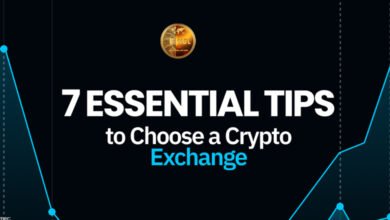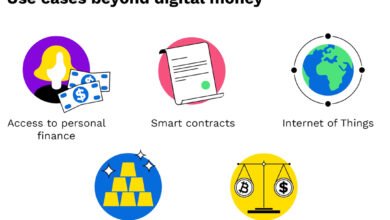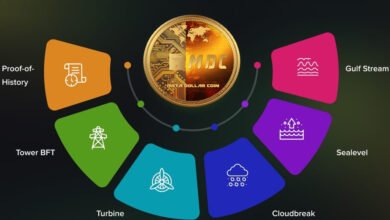The Future of Digital Agreements
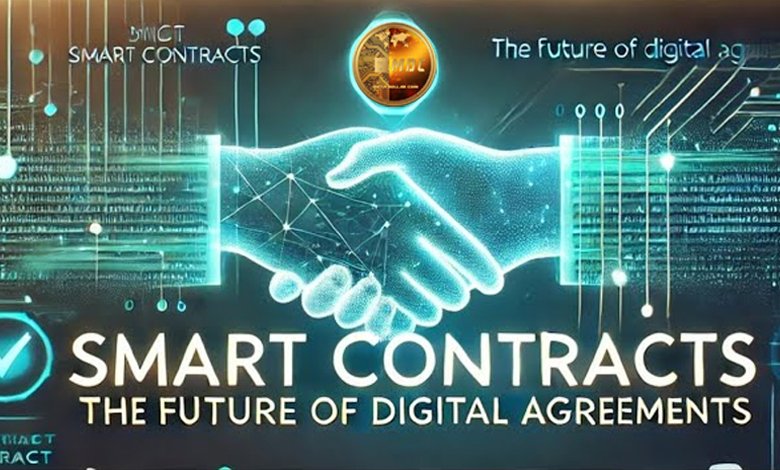
Smart Contracts Explained: The Future of Digital Agreements
In today’s fast-moving digital world, trust and transparency are essential. Traditional contracts — filled with paperwork, delays, and intermediaries — are being replaced by something faster, safer, and smarter: smart contracts. Powered by blockchain technology, smart contracts are reshaping how we make agreements in the digital age.
💡 What Are Smart Contracts?
A smart contract is a self-executing digital agreement with the terms of the deal directly written into computer code. Once the pre-defined conditions are met, the contract automatically executes without the need for third parties like lawyers, banks, or brokers.
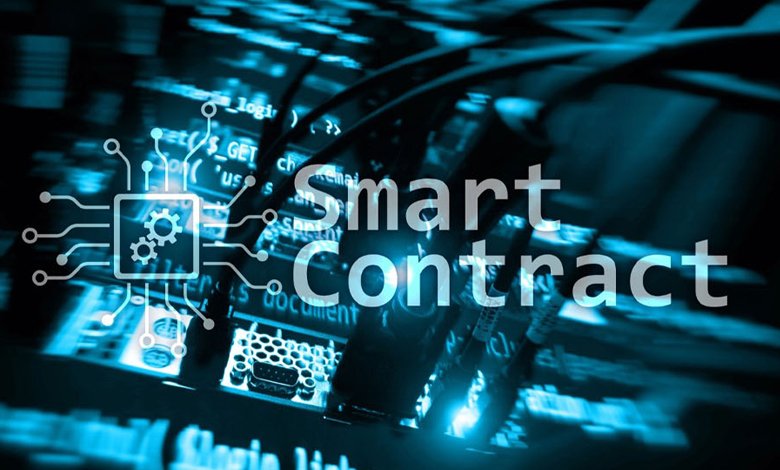
🔗 How Smart Contracts Work
Smart contracts run on blockchain networks such as Ethereum, Solana, or Binance Smart Chain.
Here’s the simple process:
-
Agreement Creation: Two or more parties define the terms and conditions in code.
-
Blockchain Deployment: The contract is uploaded to the blockchain, becoming visible and immutable.
-
Triggering Conditions: When predefined conditions are met (like receiving payment), the contract automatically performs its programmed actions.
-
Execution and Record: The transaction is verified, executed, and permanently recorded on the blockchain — making it tamper-proof.
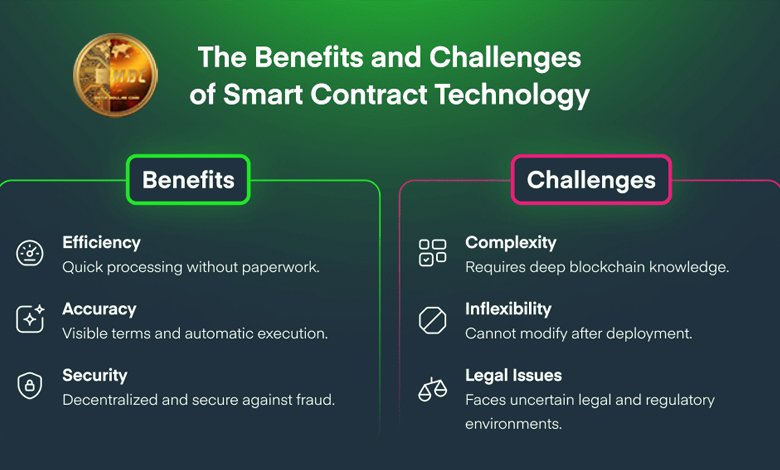
🧠 Key Benefits of Smart Contracts
Smart contracts are transforming industries due to their unique advantages:
-
⚡ Speed and Automation: No waiting for approvals — everything executes instantly.
-
🔒 Security: Blockchain encryption ensures that once deployed, the contract cannot be altered.
-
🤝 Trust and Transparency: All actions are visible and verifiable on the blockchain.
-
💸 Lower Costs: Eliminates intermediaries like brokers and lawyers, saving time and money.
-
🌍 Global Accessibility: Anyone with an internet connection can use them, enabling borderless digital agreements.
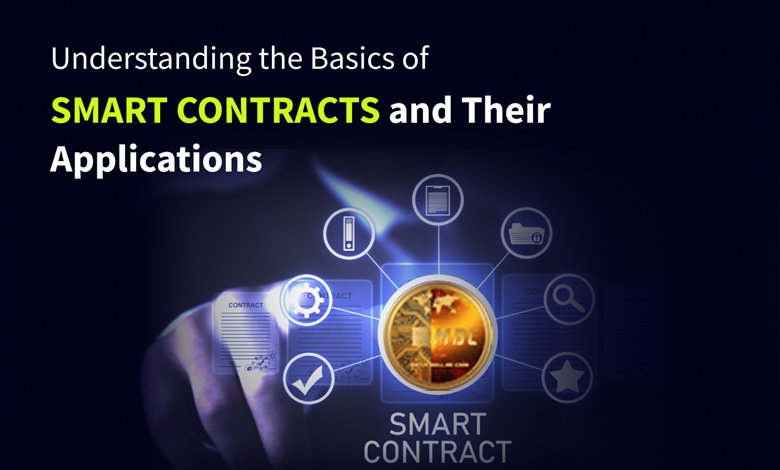
🏦 Real-World Applications of Smart Contracts
Smart contracts aren’t just for crypto — they’re being used across multiple industries:
-
Finance (DeFi): Automating loans, staking, and yield farming without banks.
-
Real Estate: Secure property transfers and tokenized ownership.
-
Supply Chain: Tracking goods and payments from producer to customer.
-
Healthcare: Managing medical records securely with patient consent.
-
NFTs & Gaming: Enabling ownership, royalties, and in-game asset trading.
Every sector that relies on contracts or transactions can benefit from blockchain automation.

⚙️ Smart Contracts and Our Coin
Our crypto ecosystem integrates smart contract functionality to power secure transactions, decentralized applications (DApps), and transparent financial agreements. This technology ensures that every action in our network is efficient, verifiable, and free from human error — making it the foundation for the future of digital payments.
🚀 The Future of Digital Agreements
Smart contracts represent a major leap forward in how we do business. As blockchain technology becomes mainstream, these self-executing codes will replace traditional contracts in many sectors, ushering in a new era of trustless automation.
💬 Smart contracts are not just the future of blockchain — they’re the future of business itself.

